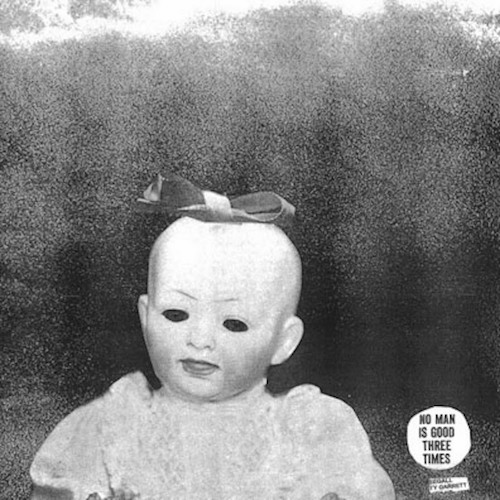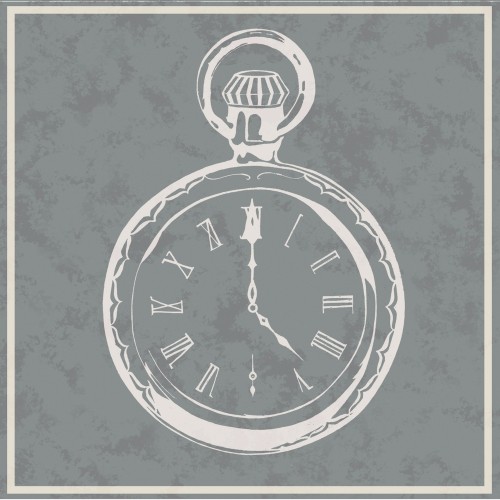 Release Date: January 27, 2015
Release Date: January 27, 2015





Jessica Pratt’s debut album On Your Own Love Again sounds like the result of teenage heartbreak. A lovesick Pratt even stands over a fire escape on the cover of the album. She mopes, befriends a guitar, and creates On Your Own Love Again. The album is teeming with strong guitar chords, stark vocals, and an unnerving lilt in both. Though her voice reaches a shrill point at certain times, the emotionally raw lyrics compensate.
The album was recorded on a four track recorder in Pratt’s own home, but the sound remains crisp and refreshing. It’s like Pratt could be a talented busker encountered on a commute home. The album itself surprisingly doesn’t have a lo-fi feel, but remains intimate through its confessional and anecdotal lyrics. It’s polished, but not to the point of obvious studio refinement. On Your Own Love Again is emotive and messy, lending a memorable charm.
This is no longer the hesitant songwriter heard in Pratt’s self-titled EP; this is the older, world-weary, adult version.
Pratt’s grating voice is initially difficult to take in, but once she begins to stroke her guitar, it all makes sense. Her unnerving, delicate drawls are reminiscent of Nico, but the pitch of her voice is the opposite. Pratt’s tone is unique and unadulterated, threatening to break at any moment.
The album’s first single, “Back, Baby,” demonstrates Pratt’s talent. The ambiguous tension in the song seeps through twangy, jilted guitar strums with accented lyrics. The track wouldn’t be out of place playing near a cliched sunset, with Pratt moping on a sandy beach. Her work mourns her lost relationships, but she does not feel guilty—it is the other person’s loss.
Pratt has no time for self-pity. Instead, she picks up a guitar and lets it tell the story.
The album carries an edge, with Pratt’s characteristic jeering and vocal hardness. She’s at her best in “The Game That I Play,” where she addresses romance, her siren voice condemning those of a lighter heart. For Pratt, it might be more appropriate to say that the voice is mightier than the sword: she addresses the subjects of her songs with rigor and power.
It would be easy to call Pratt’s album twee. At certain points, her voice grows irritating and unbearable. In the last few tracks of the album, Pratt’s woe becomes unbelievable the whinier she grows. However, these helpless pleas are the same caliber of folk lords’ Conor Oberst and Elliott Smith—a learnt effect. Pratt often takes cues from other folk artists a bit too far. Mitski and Angel Olsen serve the same appeal as Pratt: a heartbroken, sad woman strums a guitar. There is very little room for invention in this certain aesthetic, but Pratt has mastered it just the same.
The album’s most striking feature is its lyrics. This is where the sound’s derivative quality is forgiven. Pratt’s lyrics are intimate and personal, like she’s making musical diary entries. She is sharp, conniving, and most of all, powerful in her lyrical prose. It allows her to create better, more fulfilled songs that may have been lacking in original sound.
Pratt’s talent certainly matches the founding artists of folk, but it appears that it is easier to live in Joni Mitchell’s shadow than to step out of it. The album is derivative, but not in an unpleasing way. On Your Own Love Again is another folk buzz record, but Pratt’s honest lyrical anger stands out.
Jessica Pratt – On Your Own Love Again tracklist:
- “Wrong Hand”
- “Game That I Play”
- “Strange Melody”
- “Greycedes”
- “Moon Dude”
- “Jacquelyn in the Background”
- “I’ve Got A Feeling”
- “Back, Baby”
- “On Your Own Love Again”


